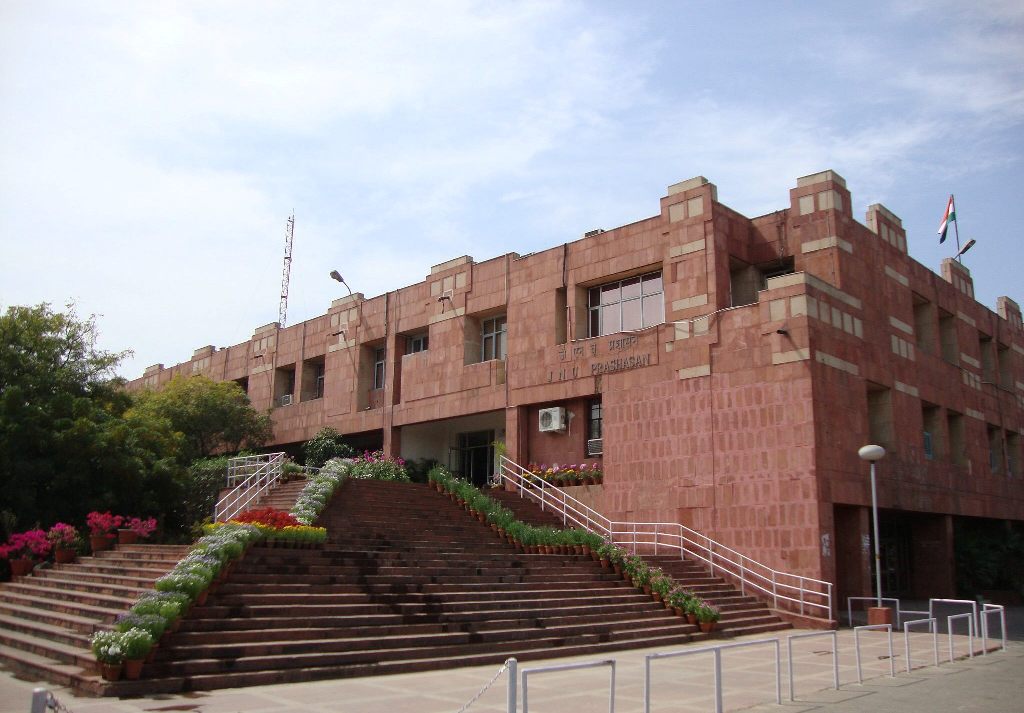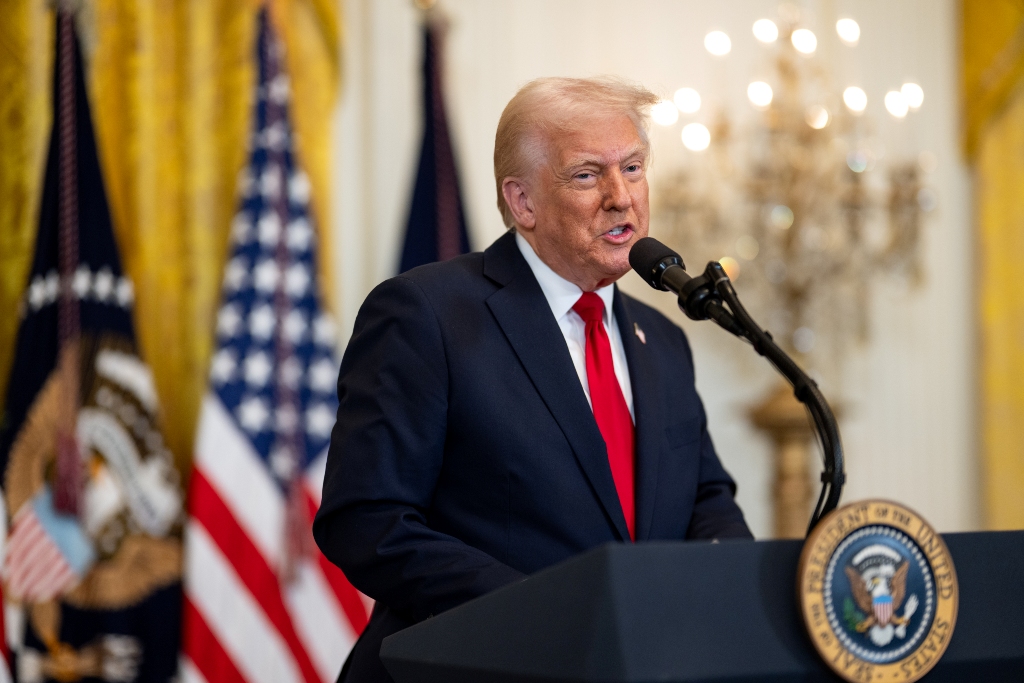A 32-year-old PhD scholar from India’s Jawaharlal Nehru University has begun deleting his social media accounts after his postdoctoral appointment in the United States was quietly put on hold.

A few weeks ago, posts supporting Palestine, articles on authoritarianism, and casualty counts from Gaza disappeared from his profile. Now, he’s considering removing his Facebook and Instagram accounts altogether.
The student, from West Bengal, had hoped to begin a postdoctoral position in the US after finishing his research in life sciences. Over tea at JNU’s Mamu Dhaba, he often speaks with friends about how things changed so quickly, as reported by The Print.
“You don’t know what will offend them,” he told the media outlet, referring to US immigration authorities.
Just months ago, he had applied to universities in California, Florida, and South Carolina. One professor even praised his work and expressed interest in hiring him. But a few weeks later, the offer was withdrawn. The university told him funding had been frozen and there was nothing they could do.
The sudden halt is not isolated. The US State Department, under the Trump administration, has stopped scheduling new student visa appointments while a review is underway.

According to several reports, citing a leaked cable, the Trump Admin plans to introduce social media vetting for all international student and exchange visitor visa applications. This has left many Indian students, particularly those from politically active campuses like JNU, scrambling to clean their online presence.
ALSO READ: US halts new student visa interviews amid planned social media screening expansion
Many students now believe their posts — even those expressing concern about global conflicts or domestic politics — could be used against them. With no clear guidelines on what is acceptable and what might be flagged, some are choosing silence over risk.
The JNU student said he deleted his X account right after applying to US universities, on the advice of friends already studying there. Others have uninstalled social media apps from their phones, hoping to avoid any attention during visa screening.
He admitted that the US wasn’t his first choice. After trying and failing to find academic opportunities in India, he turned to the US for better research prospects. But the current climate has made him doubt if it’s worth the effort.
In addition to financial blocks on appointments, the political scrutiny has made students nervous. Some have already been sent back after their appointments were cancelled, and others said they were asked during visa interviews to promise they would avoid protests or political activity while in the US.
ALSO READ: Harvard University condemns Trump admin’s ban of foreign student enrollment as ‘unlawful’
The pressure is forcing young scholars to choose between their academic goals and their freedom of thought. For many, their political views are not just opinions but a part of their intellectual training. The fear now is that even silent online expressions may affect their futures.
Across campus, the talk has shifted from thesis deadlines to visa rules and surveillance. For students trained to question authority and speak out, this new reality is confusing and deeply discouraging. They see the clampdown on international scholars as part of a larger global trend where universities are losing their autonomy, with governments demanding control over what ideas can be expressed.
The JNU scholar is still waiting to hear back from a few US universities, but his hopes are mixed with anxiety. He no longer knows if his academic future lies abroad or if he should start over somewhere else. What hurts most, he said, is not the rejection — but the sense that being a thinking, critical scholar has become a risk.


